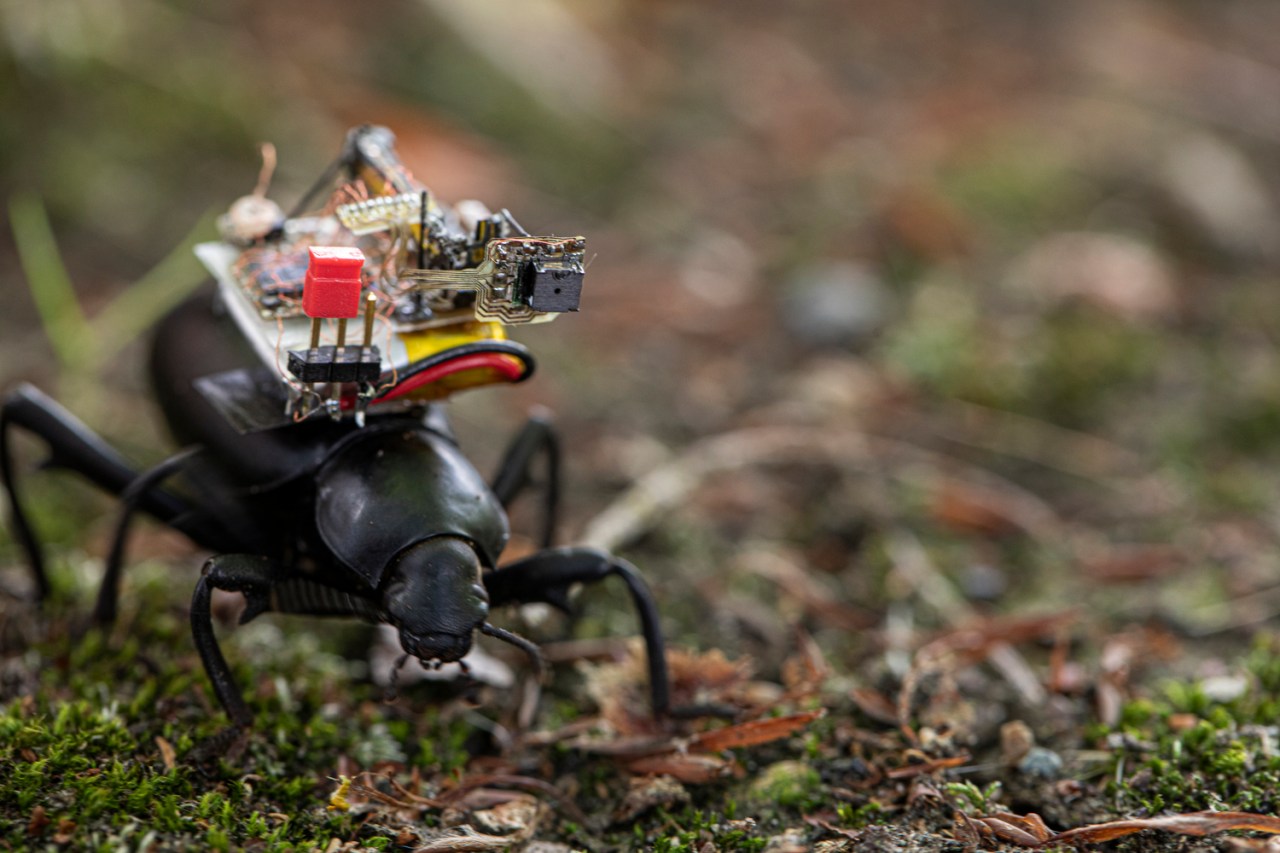As we stand on the brink of a technological renaissance, the convergence of biology and technology is proving to be a wellspring of inspiration and innovation. Recent studies reveal pathways where supercomputers tackle pressing health crises, while advancements in biomimicry offer futuristic solutions to real-world problems. Let’s dive deeper into these fascinating developments that span diverse fields from artificial intelligence to wearable tech and beyond.
Supercomputers: The Powerhouses Against COVID-19
Supercomputers have become indispensable tools for researchers grappling with complex global challenges like the COVID-19 pandemic. The Summit supercomputer, known to be the second-most powerful in the world, was employed by scientists at Oak Ridge National Labs to analyze genetic data from thousands of samples. Rather than producing definitive answers, its computing prowess uncovered valuable leads related to the protein bradykinin—a protein implicated in the body’s response to infections like COVID-19. This highlights a critical development; in the world of data, each fragment of insight can fuel the journey towards effective therapies.
The Cool Factor: Tiny Cameras on Beetles
Imagine the thrill of attaching tiny cameras to beetles and observing their world from a miniature viewpoint! UW researcher Shyam Gollakota pioneered this astounding experiment to emulate insect vision’s efficiency. The cameras, which utilize a narrow field of view, mimic the natural attention mechanisms of their insect hosts. Such innovative studies not only push the boundaries of robotics and AI but also enrich our understanding of natural intelligence systems, potentially inspiring a new generation of bio-inspired technologies.
AI and Mental Health: A New Horizon
Artificial intelligence is steadily transforming the health sector, and a collaboration between UCLA and Apple exemplifies this shift. By leveraging data from Apple devices—like activity levels and sleep patterns— researchers are working towards more objective assessments of mental health issues, such as anxiety and depression. This represents a monumental step away from subjective analyses and opens doors for innovative treatment methodologies.
Refugee Monitoring: AI’s Role in Humanitarian Aid
Old Dominion University has made strides in employing AI to enhance the accuracy of counting refugees through aerial imagery analysis. Previous attempts yielded unreliable estimates, but recent models vastly improve data accuracy and precision. This improvement not only aids governments and NGOs in near real-time monitoring but also ensures that aid reaches the most vulnerable populations swiftly and effectively.
Revolutionizing Object Recognition
Google is at the forefront of refining image recognition systems to enhance object identification significantly. The traditional method of labeling items collectively, such as designating several cars simply as “cars,” is now evolving. Google’s innovation allows for individual recognition, streamlining the data processing pipeline, and enhancing the efficiency of various sectors—from retail to autonomous driving.
Biomimicry: The Intriguing World of Spiderweb Solutions
Seoul National University’s researchers have turned to nature once again, inspired by the intricate designs of spider webs, to create electronic webs capable of adhering to heavy objects when electrified. Unlike traditional approaches that focus on replicating material properties, this team opted to replicate function. As we explore applications for robotics and other high-tech fields, such solutions pave the way for adaptable technologies that influence everything from manufacturing to clean-up operations.
The Unspoken Bias in AI
A critical conversation is unfolding around the biases entrenched within AI systems. A recent study from Cambridge University identified what researchers termed the “overwhelming whiteness” of AI, exposing a fundamental flaw in data representation. The initiative to “decolonize AI” aims to create a more equitable framework that acknowledges diverse cultural perspectives. Recognizing and addressing these biases is vital to building AI systems that can work inclusively and effectively across varied demographics.
The Future of Innovation: Challenges Ahead
While the advancements in technology are awe-inspiring, they also bring forth concerns. An expert workshop from the Dawes Centre for Future Crime highlighted potential abusive applications of AI technologies. This calls for a balanced approach to development that prioritizes ethical considerations alongside innovation.
Conclusion: Embracing the Intersection of Nature and Technology
The journey of merging insights from nature with technological innovations illustrates the endless possibilities awaiting us. From supercomputers drawing valuable connections in health tech to biomimetic engineers inspiring new solutions, each breakthrough reinforces the interdependence of our natural and artificial worlds. As we nurture these intersections, it’s vital that ethical considerations guide our trajectory, ensuring advancements benefit all of society.
At **[fxis.ai](https://fxis.ai)**, we believe that such advancements are crucial for the future of AI, as they enable more comprehensive and effective solutions. Our team is continually exploring new methodologies to push the envelope in artificial intelligence, ensuring that our clients benefit from the latest technological innovations.
For more insights, updates, or to collaborate on AI development projects, stay connected with **[fxis.ai](https://fxis.ai)**.

